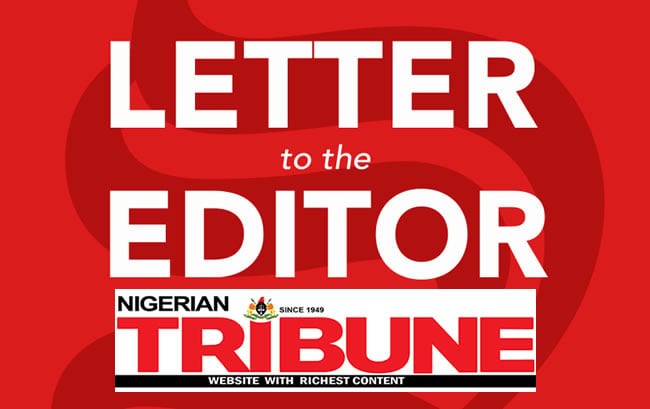In a world abound with information overload; biases form an inherent part of our thinking. It is important to understand and admit that we all have biases and sometimes make decisions based on snap judgments, to perhaps aid in making quicker decisions. These mental shortcuts, if you will – while helpful in certain cases, can often be harmful when applied to people. It is common for us to harbour beliefs and attitudes about groups of people based on their race, ethnicity, gender and other traits.
Bias can be explicit but more often than not, it is implicit that is, unconscious and often occurs when individuals unconsciously attribute certain attitudes and stereotypes to another person or group of people. This can ultimately affect how we understand and treat people. This year’s International Women’s Day encourages us to continue the conversation and #BreakTheBias,
The effects of gender bias in the workplace can be seen in many ways. Examples include when women receive less support and opportunities from organisations, are reviewed unfairly, and rewarded unequally. This can be tied to different circumstances in their lives as well, for example when returning from a career break or being a working mother – which sometimes sees a ‘penalty’ enforced by being treated unequally.
Another subtle example of acting on biases that can cause a negative impact is when women are interrupted and talked over more than men. This can be connected to unconscious bias, affecting who we think is powerful or influential enough to be or not to be interrupted. This may also alter others’ perceptions of a women’s confidence, ideas and credibility as a team member, and often leading to a woman being consciously or unconsciously overlooked in such cases.
These deep-rooted mindsets are critical for us to address, to collectively unlock the potential of gender parity. So, what can be done to #BreakTheBias? Organisations can make a big difference when encouraging dialogue and raising awareness of conscious and unconscious bias at the workplace.
To change mindsets, it’s critical to raise awareness, combat gender stereotypes, and encourage a diverse culture that celebrates difference and dialogue. It is vital that senior leadership lead by example in creating better gender balance within an organisation, and furthering gender-smart solutions to build a more inclusive and fairer workplace. To demonstrate our commitment to gender equality, in 2018, our Group CEO, Bill Winters signed a statement of support for the United Nations Women Empowerment Principles. The World Economic Forum also reported last year that the pandemic widened the gender gap by 36 more years. Curing biases women face at work is integral in reversing the damage caused by the pandemic to gender balance at the workplace.
While the gender agenda, gender equality and bias are rapidly dynamic and have seen significant progress, particularly in the region, there is still much work to be done to foster real change – and through these discussions on International Women’s Day and beyond, we believe we can make a positive impact towards women’s equality and create a step-change towards a diverse, inclusive and bias-free mindset.
Millicent Clarke,
Regional Head of HR, Standard Chartered Bank, Africa & Middle East.
YOU SHOULD NOT MISS THESE HEADLINES FROM NIGERIAN TRIBUNE
We Have Not Had Water Supply In Months ― Abeokuta Residents
In spite of the huge investment in the water sector by the government and international organisations, water scarcity has grown to become a perennial nightmare for residents of Abeokuta, the Ogun State capital. This report x-rays the lives and experiences of residents in getting clean, potable and affordable water amidst the surge of COVID-19 cases in the state… Breaking biases women face Breaking biases women face
Selfies, video calls and Chinese documentaries: The things you’ll meet onboard Lagos-Ibadan train
The Lagos-Ibadan railway was inaugurated recently for a full paid operation by the Nigerian Railway Corporation after about a year of free test-run. Our reporter joined the train to and fro Lagos from Ibadan and tells his experience in this report…Breaking biases women face Breaking biases women face






